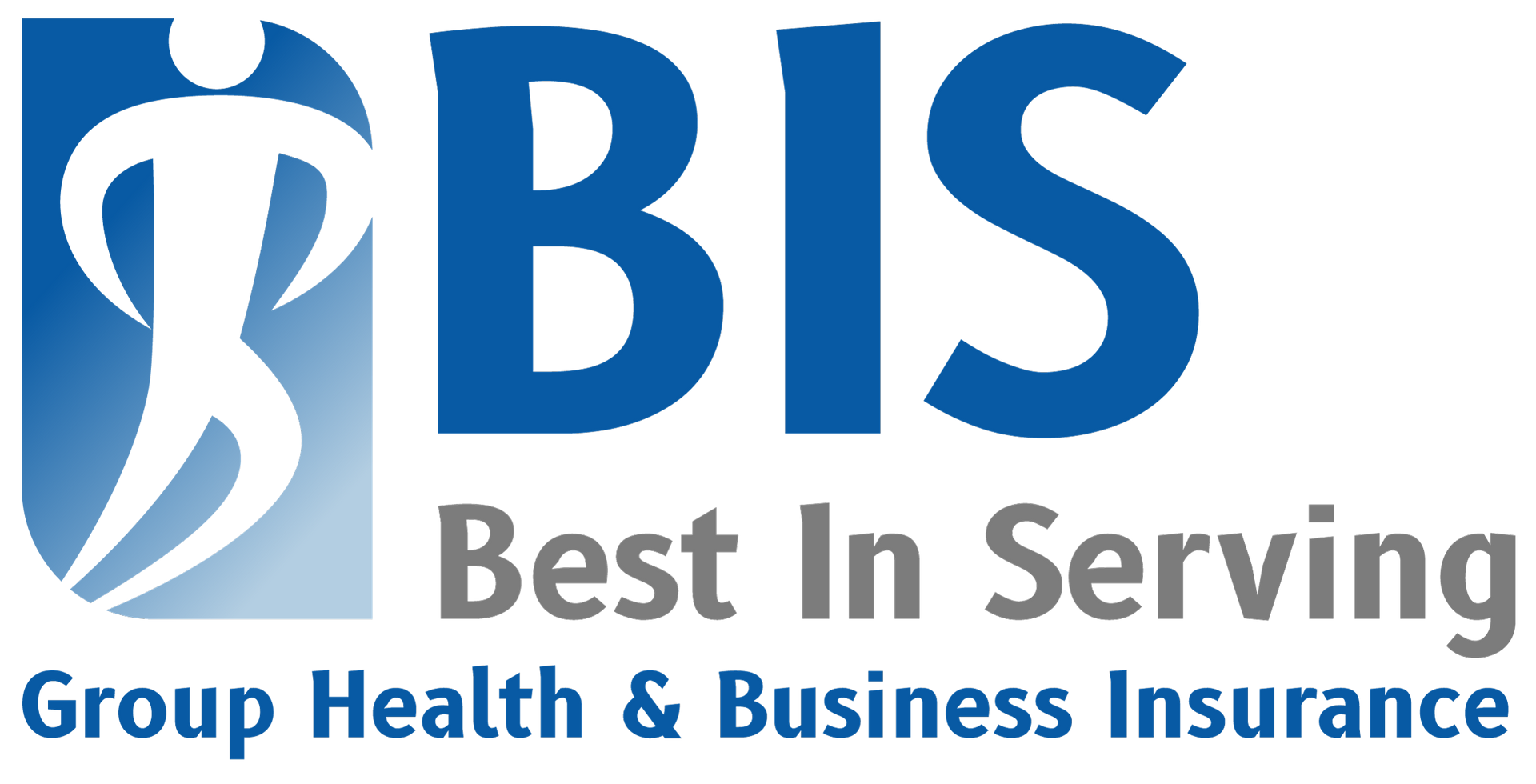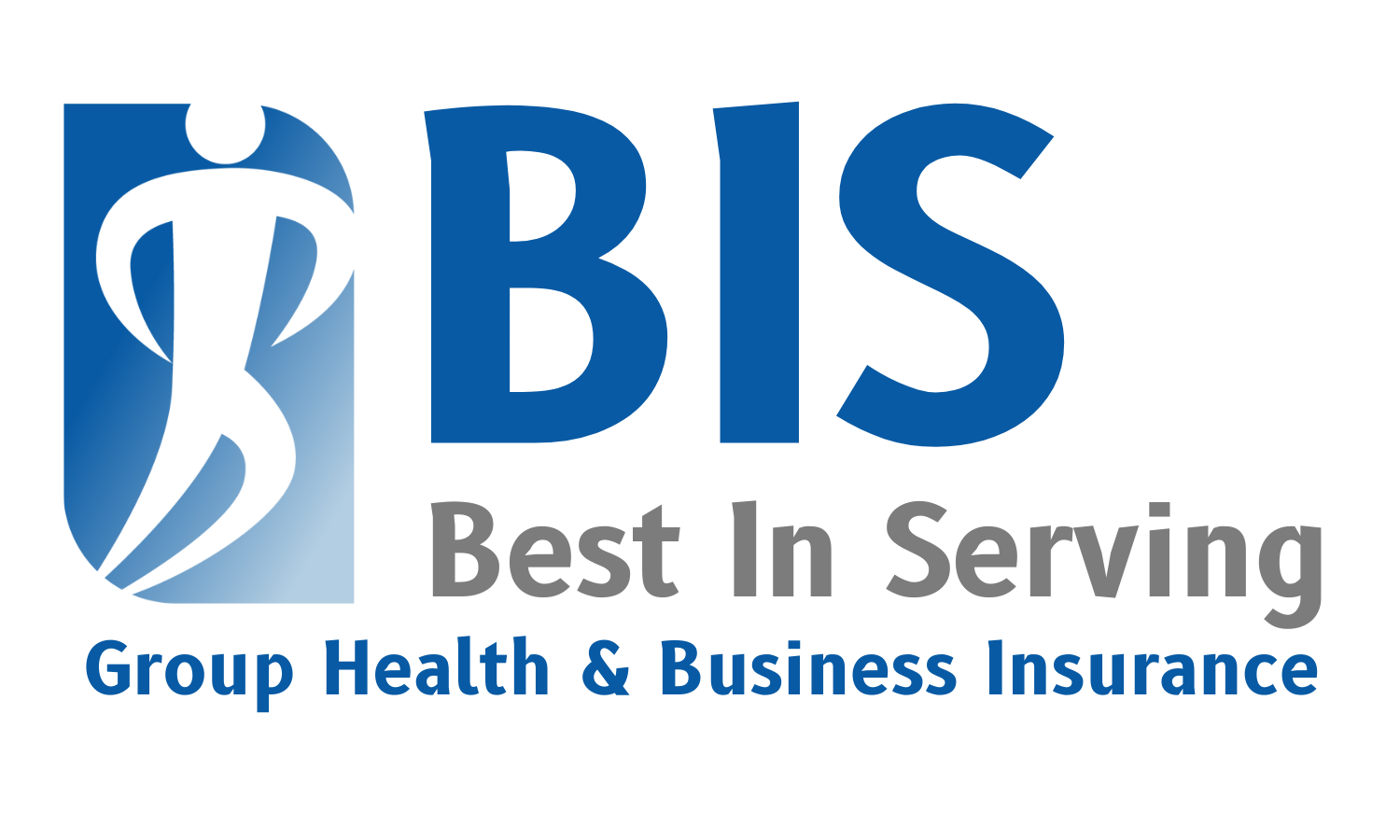Get in touch
+44 1632 96099
mymail@mailservice.com
Types of Construction Insurance for Businesses
Written by: BIS Benefits
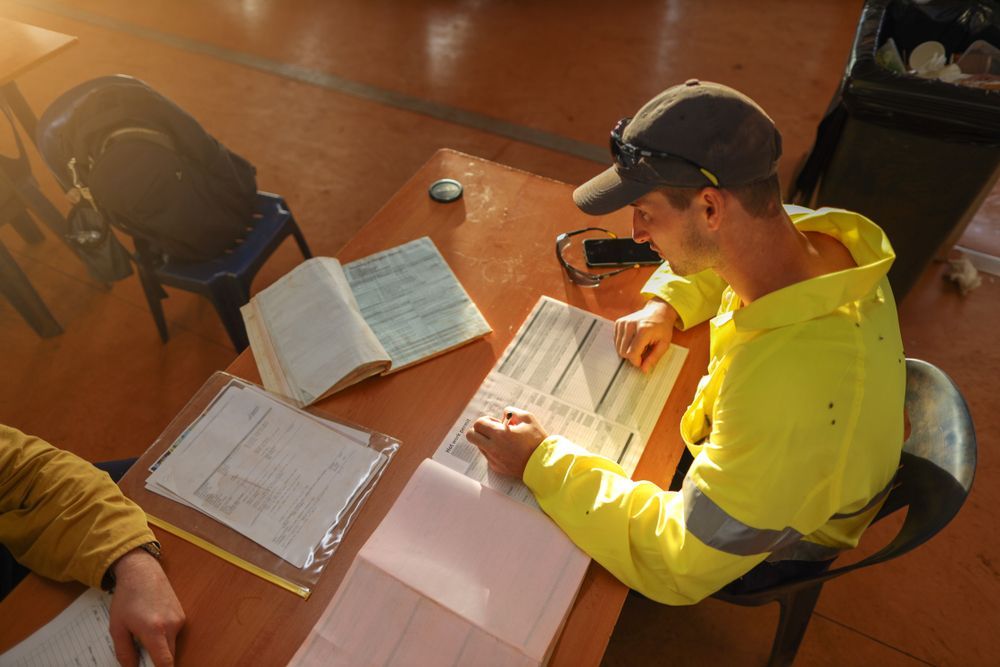
What is Construction Insurance?
The construction industry is an inherently risky one. Not only is every live construction site a potential danger to those who enter it, but massive losses can occur for both the construction company and their client if the project isn't successfully completed.
That, in part, is why construction insurance is so important. These policies protect contractors, property owners, and other key stakeholders from specific risks and losses until the moment the project is formally completed.
Types of Construction Insurance
Builder's Risk Insurance/Course of Construction (COC) Insurance
This is a type of insurance designed to protect buildings that are actively under construction. This is also why it is referred to as a course of construction insurance, or COC for short. It's a type of commercial property insurance that protects the building itself from certain types of damages. Note that it covers all stakeholders — including both the building owner and the construction company.
Commercial Umbrella Insurance
1. General Liability Insurance
This is a type of insurance that protects a construction company against any general claims that might be made by a third party on the project. This can include not only bodily injury that someone sustains while on a live construction site, but also damage to equipment, property, or other assets as well. Note that this can even include coverage for claims involving issues like defamation.
2. Commercial Auto Insurance
As the name implies, this is a type of insurance that protects any work vehicle that a construction company depends on from damage. Depending on the size of the construction company, they could have a fleet of vehicles transferring important personnel and equipment in the field at any given moment.
Errors & Omissions Insurance
This helps protect a construction company against any claims that they did not live up to the standards and best practices inherent to the industry. Essentially, if they are accused of making a mistake during a project or if they fail to do something, E&O insurance enters into the conversation.
Workers' Compensation
Workers' compensation insurance is designed to protect people who work at a construction company from situations involving work-related accidents or illnesses. Being a contractor inherently involves risks, and in the event of temporary or permanent injuries sustained
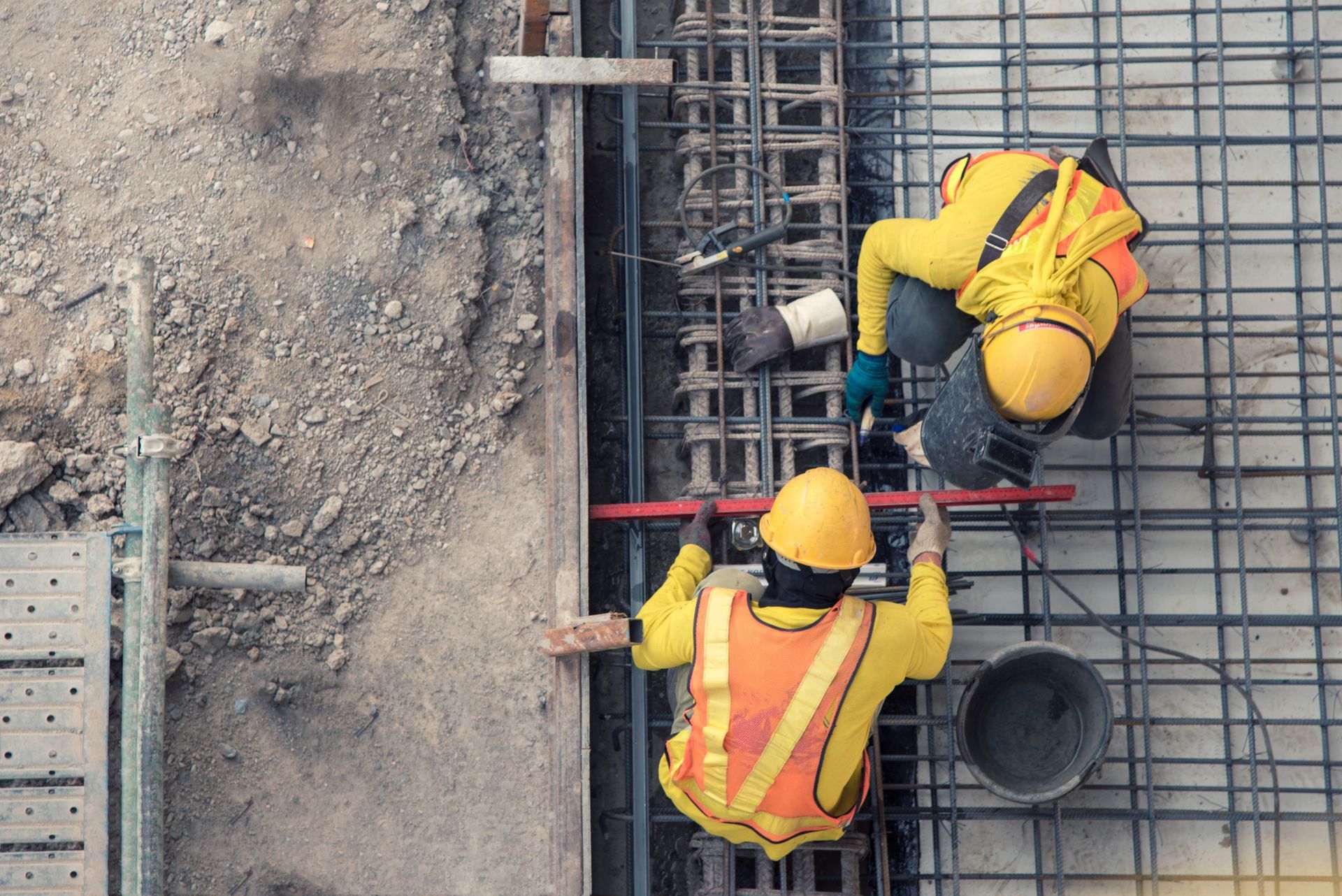
during regular duties, workers' compensation insurance serves to provide the necessary financial support for individuals to facilitate their recovery to the best extent possible.
Commercial Property Insurance
Contractor’s Tools & Equipment Insurance
If a contractor were to suffer losses related to their essential tools and other equipment, they would literally be unable to conduct business. They couldn't complete a project on time, and both the financial losses and the damage to their reputation could be enormous. This is what contractor's tools and equipment insurance is designed to protect against.
One type of policy to be aware of is called inland marine insurance, which is designed to protect not only equipment but also tools and other materials while they are being transferred to and from a construction project site over land.
Pollution Liability Insurance
Depending on the construction project, hazardous materials like waste could be present during normal operations. Employees may have to work with, around, or even dispose of these materials. Pollution liability insurance protects against claims from bodily injury or property damage caused by these materials.
Subcontractor Default Insurance
If a construction company needs to hire a subcontractor to perform a particular duty on a job, and that subcontractor fails to perform according to their original agreement, subcontractor default insurance becomes necessary. These types of policies often provide coverage that goes beyond what even a surety bond would offer.
Wrap (Wrap-Up) Insurance (OCIP/CCIP)
This is a specific type of policy that can provide liability protection for specific construction projects or even multiple jobs at the same time. There are two types of these policies to concern yourself with: OCIP and CCIP. The former is purchased by the owner of a project. If a building was under construction, it would be the person who hired the construction company. The general contractor provides the latter. This is the main difference between the two, as both offer essentially the same protection.
Construction Insurance Requirements
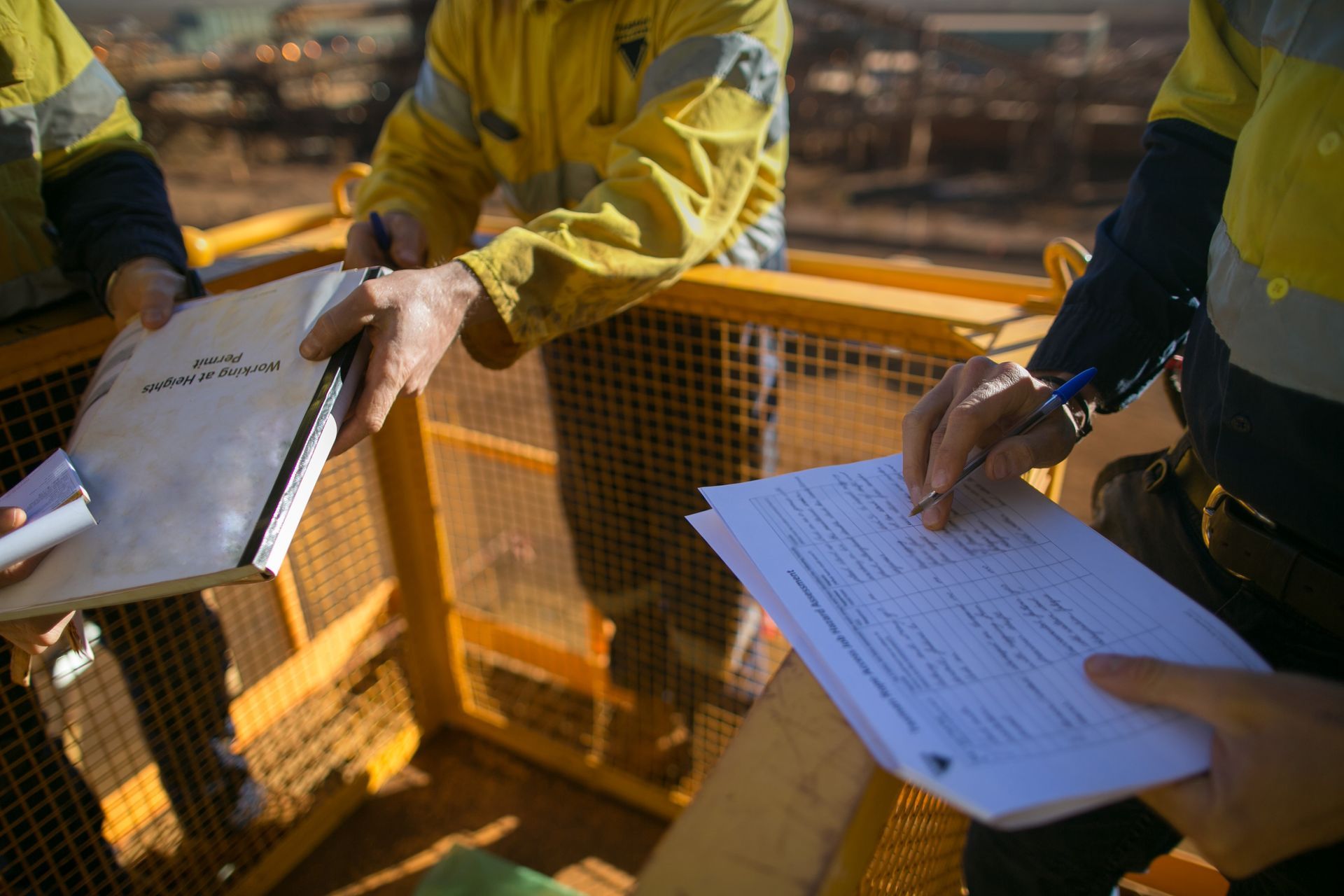
Construction insurance requirements will vary depending on the state you're operating in, the type of project you're working on, and more. In Georgia, for example, you need to have general liability insurance in a minimum amount of $500,000.00 per occurrence. It is also required by state law to have workers' compensation insurance. Some types of insurance will be required before you can get your license to operate as a construction company owner in the first place.
Note that Georgia separates things into a residential division and a general division. There are varying requirements for residential basic contractors, residential light commercial contractors, general contractors, and others to be aware of.
How Much Does Construction Insurance Cost?
The total amount of money that you can expect to pay for construction insurance will vary depending on several factors, including the specific type of business you run, the number of people you employ, and even the scope/value of the projects you're involved in.
Surety Bonds in Construction (Construction Bonds)
Also commonly known as construction bonds, a surety bond is a way to transfer the risk for a project from the construction company onto a third party. An insurance provider/bond provider will guarantee the client that a project will be completed on time and in accordance with the contract.
Start an Insurance Quote with BIS
If you'd like to find out more information about the various types of construction insurance that are available, or if you're eager to speak to someone in more detail, so you can put together the custom package that works for you, please don't hesitate to
contact BIS Benefits today.

